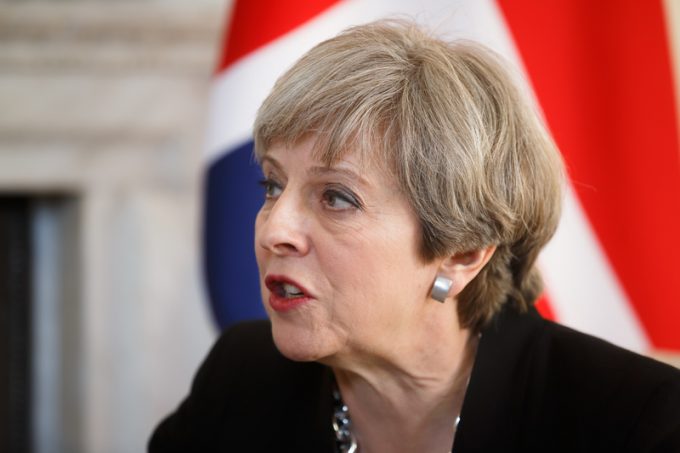Costly import red tape means UK food prices will rise, expert warns
UK food importers are clashing with the government over a threat of inflationary increases to ...

A divided government notwithstanding, the response from the freight industry to UK prime minister Theresa May’s Brexit proposals has largely been positive.
Announced yesterday in a white paper, the proposals include a facilitated customs arrangement, removing the need for customs checks between the EU and UK.
“At ...
Bad news for shippers as wave of transpacific rate increases continues
No deals with carriers, say Houthis – Red Sea safe for non Israel-affiliated ships
Rapid transpacific capacity build-up continues – can USWC ports handle it?
Schenker's Shirley Sharma Paterson moves to K+N as global head of sales
Red Sea crisis has driven most new capacity into extended Asia-Europe trades
Carriers on the hunt for open tonnage again as transpacific rates soar
Dates to watch for in the latest chapter of TACO's tariff travail
Freighter capacity on the rise, with air cargo demand expected to pick up

Comment on this article